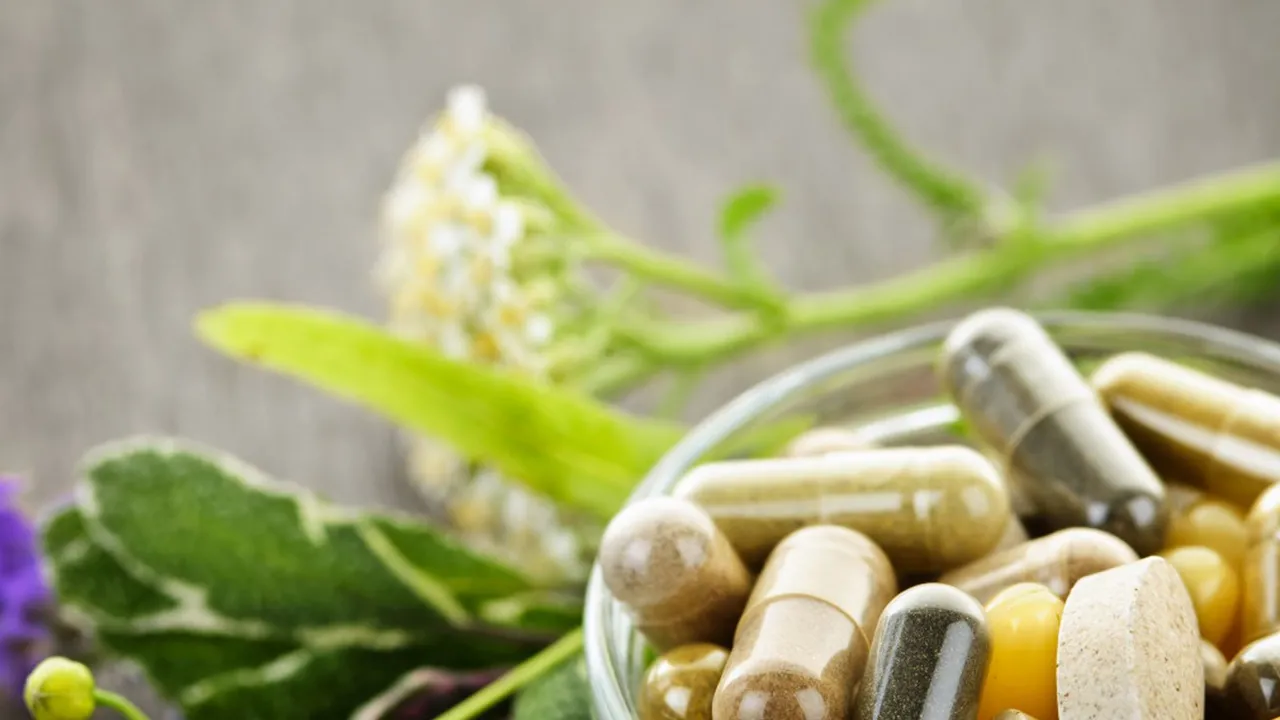Asparagus Racemosus: Benefits, Uses & Safety Guide
If you’ve ever browsed a supplement aisle or searched online, you might have seen the name Asparagus racemosus. It’s more commonly called shatavari and is a popular herb in Ayurvedic medicine. People take it for everything from hormone balance to digestive support. Below you’ll find the basics, practical tips, and safety pointers so you can decide if it fits your routine.
What is Asparagus Racemosus?
Asparagus racemosus is a climbing plant native to India and parts of Southeast Asia. The root and young shoots contain a mix of saponins, flavonoids, and nutrients that give the herb its medicinal reputation. Traditional healers have used it for centuries to support women’s health, especially during menstruation, pregnancy, and menopause.
Modern users often look for shatavari because it may help with:
- Balancing female hormones
- Reducing stress and anxiety
- Boosting milk production for nursing mothers
- Supporting digestion and soothing an upset stomach
- Improving overall vitality
These benefits are backed by a handful of small studies and a lot of anecdotal reports. While the science isn’t definitive, many people find the herb gentle and helpful.
How to Use Asparagus Racemosus Safely
Most supplements come as powder, capsules, or liquid extracts. Here’s a quick rundown of how to choose and dose:
Powder: Mix 1‑2 teaspoons into warm milk, tea, or a smoothie. This is a traditional way to take shatavari and adds a mild, earthy flavor.
Capsules: A typical dose is 300‑500 mg taken 1‑2 times a day. Check the label for the exact amount of root extract.
Liquid extract: Usually 1‑2 ml (about 20‑40 drops) diluted in water or juice, taken once or twice daily.
Start with the lowest dose and see how your body reacts. If you feel good after a week, you can increase gradually, but most people never need more than the standard recommendation.
Watch out for these safety notes:
- Pregnant or nursing women should talk to a doctor before starting. Shatavari is usually safe for lactation, but professional guidance is best.
- People on hormone‑sensitive conditions (like breast cancer or uterine fibroids) should be cautious because the herb may influence estrogen levels.
- Allergies are rare, but if you notice itching, rash, or stomach upset, stop using it and consult a health professional.
As with any supplement, buy from a reputable brand that provides third‑party testing. This reduces the risk of contaminants or mislabeled ingredients.
In everyday life, you can pair shatavari with a balanced diet, regular exercise, and good sleep. The herb works best as part of a holistic approach rather than a magic bullet.
So, whether you’re looking to ease menstrual discomfort, support a new baby’s feeding routine, or just add a gentle adaptogen to your day, Asparagus racemosus might be worth a try. Start low, stay consistent, and keep an eye on how you feel. If anything feels off, reach out to a pharmacist or doctor for advice.
Unlock the Power of Asparagus Racemosus: The Ultimate Dietary Supplement for Your Health
In today's post, we're diving into the amazing benefits of Asparagus Racemosus, a potent dietary supplement that can truly boost your health. This all-natural wonder is packed full of goodness and I'm here to guide you through its many advantages. From boosting your immune system to improving your overall wellness, this supplement is a must have in any health-conscious individual's regimen. Come onwards and unlock the power of Asparagus Racemosus with me today!

